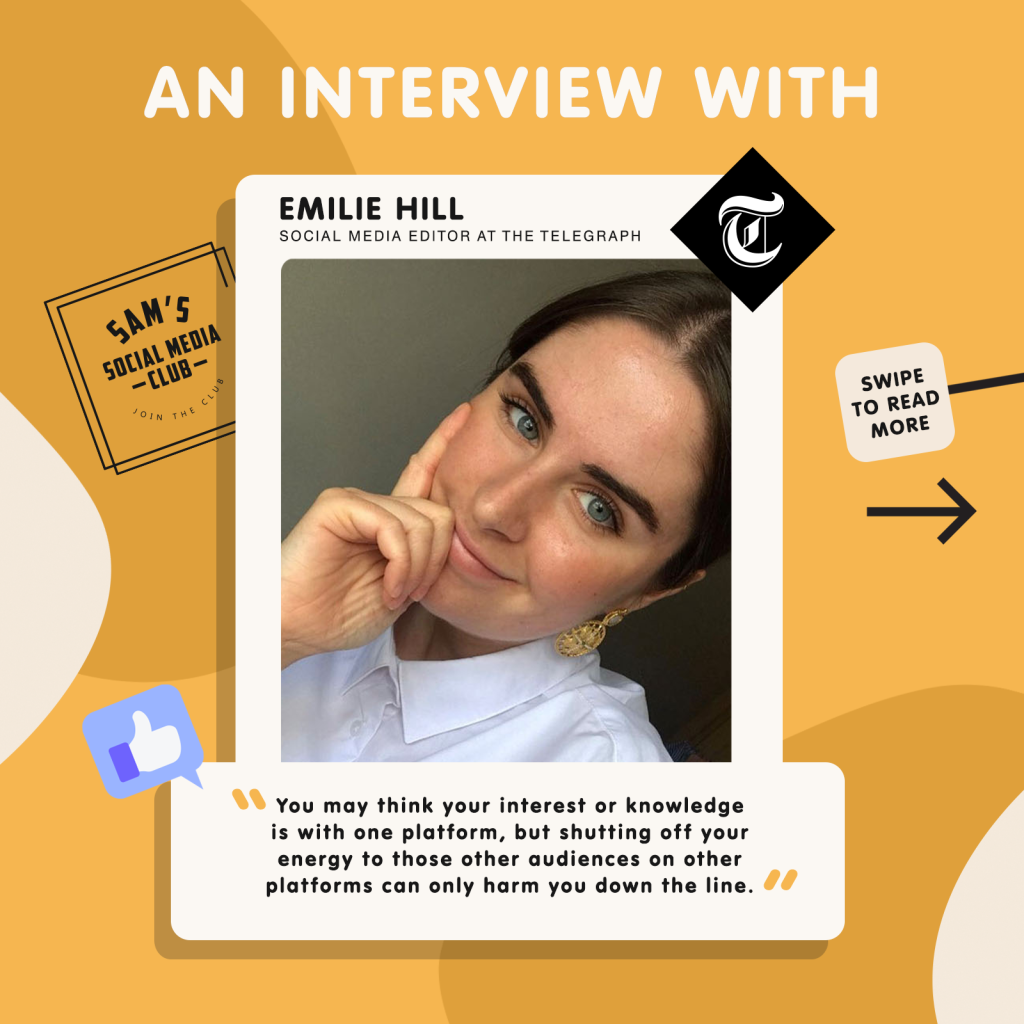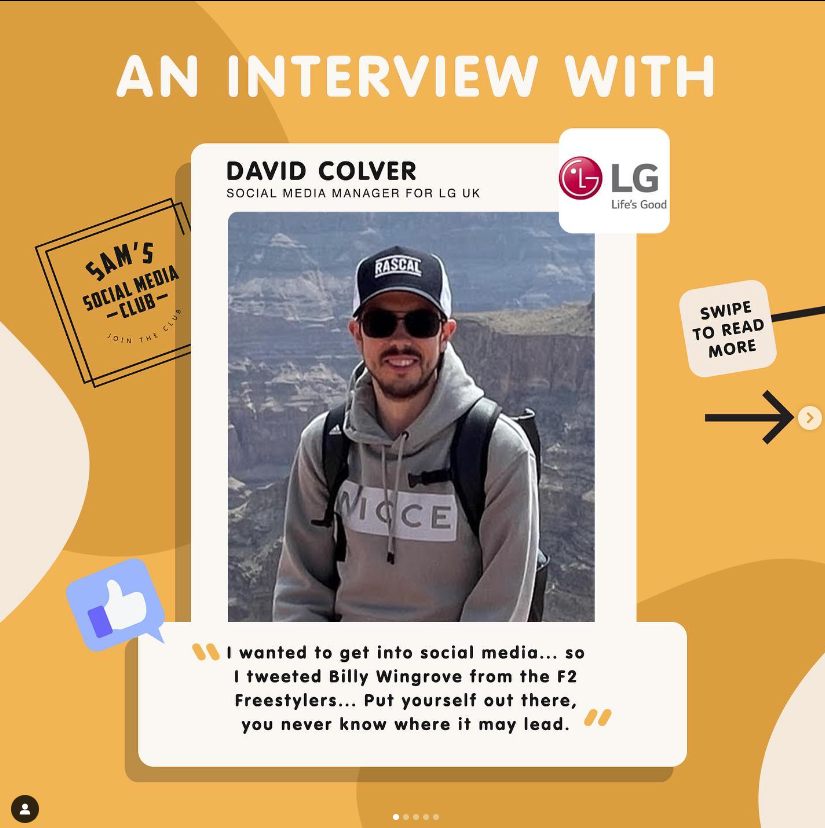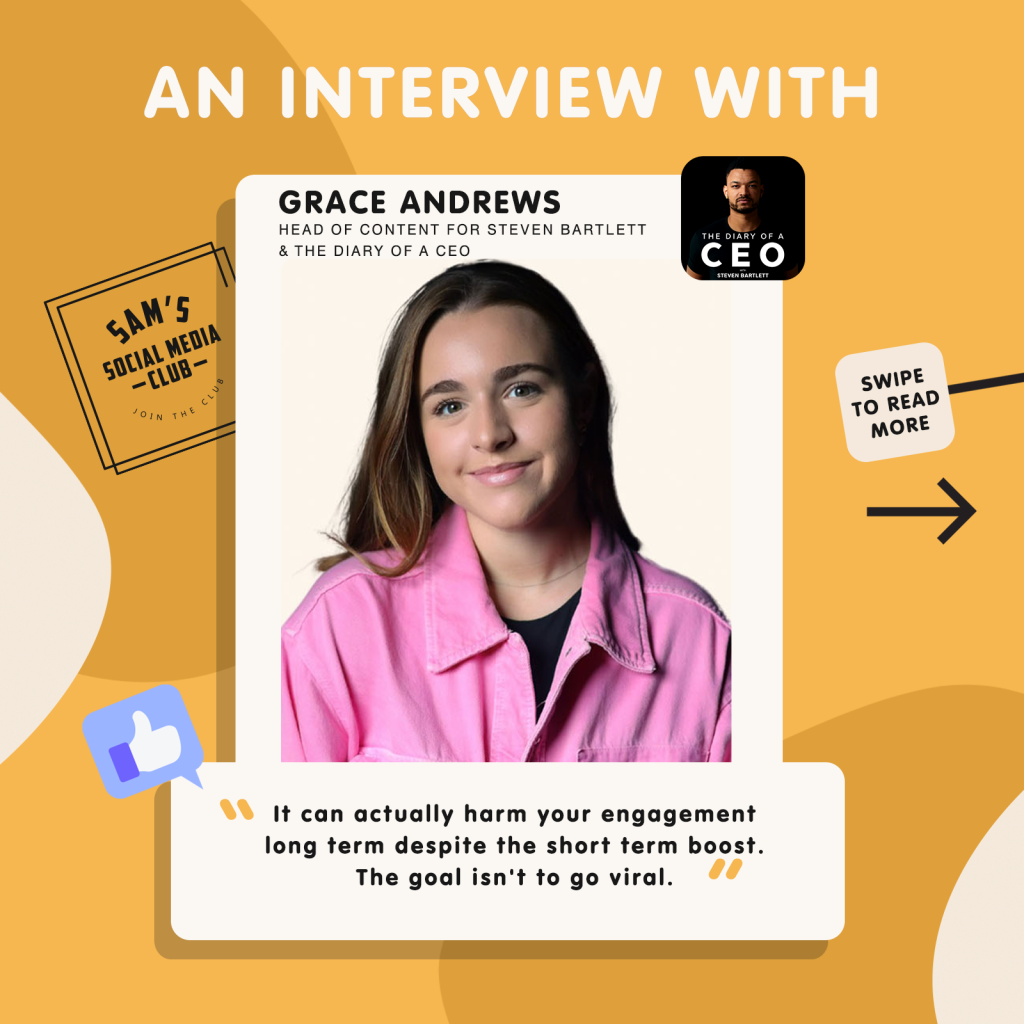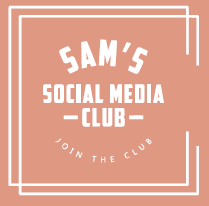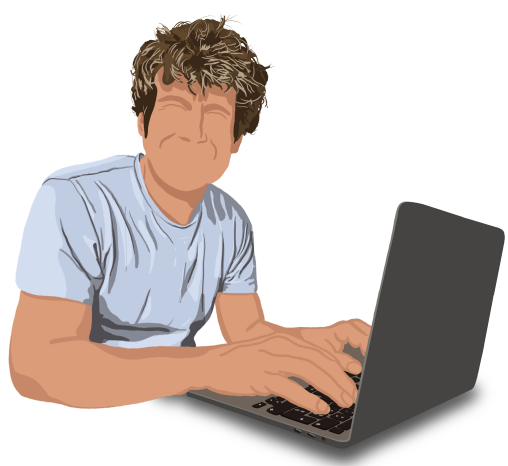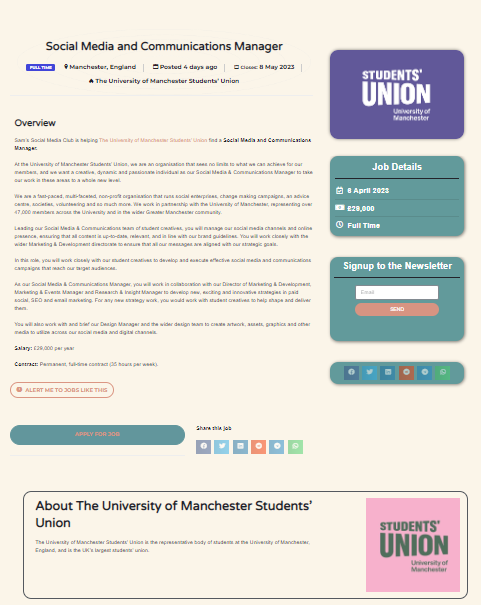Social Media Producer At BBC Africa
How did you get started in social media and what are some things that you wish you knew then that you know now?
My first job in this field was straight out of university, after finishing my postgraduate degree in Media and the Middle East. I landed myself a job as a Social Media Executive at a human rights organisation and I was promoted to a Social Media Manager after one year.
One of the things I wish I knew is that social media does not sleep and it’s constantly evolving. Whether it’s a negative reaction to a post you created, or a new feature on TikTok – things can change quickly and you wake up new trends every single day – and that is okay. Get comfortable with playing around with new features and adapt.
What does a day in your life look like as Social Media Producer for BBC Africa?
it’s cliché but no day is the same! But as an example, I spent the morning focusing on social listening. I translated audience comments on some of our stories from a new marketing campaign across five different languages – including Hausa and Swahili. The comments ranged from a very positive sentiment to extremely negative. After collating a selection of the most engaging comments, I shared my data and research with the wider editorial team to review so we can understand how our content has performed and what questions the audience may still have about the topics covered.
Tomorrow, I’ll be calling a schoolteacher in Southern Africa to discuss setting up an interview and a filming location next month. The role varies from production to social media marketing, so every week is different, but day-to-day, it’s structured and I can plan most of my day ahead of schedule.
How does working for the BBC differ from working for the International Observatory Of Human Rights?
IOHR was a start-up NGO so the team was small and we really leaned on each other and worked together in a synchronised way. I had a long list of daily responsibilities which included overseeing social media platforms across 11 different languages so there was always something to do! Human rights violations are committed globally on a daily basis so my role was central to sharing our key messaging.
Working at the BBC feels like you are part of something bigger. You are much more aware of the greater need for impartiality, accountability and accuracy. Also, there’s more resources and tools you can utilise for social media listening, marketing, and content creation. It’s been a huge learning curve.
What’s the most exciting thing you’ve worked on in any of your various roles?
In one of my last campaigns at IOHR, I developed a new campaign with the objective of raising awareness about the plight of refugees for World Refugee Day. I conceptualised and produced a 60-second video detailing how many refugees flee persecution in one minute around the world, with striking footage from conflict zones including Syria, Palestine and Myanmar. It was a proud moment because it’s a cause I feel passionately about, and I was able to express the campaign objectives in an empathetic and creatively diverse way.
To what extent has your university education helped you succeed in a career in social media?
My university education helped me succeed because I wanted it to. I chose to retain the knowledge from certain parts of my course and apply elements of my degree to the work I do now – this included learning how to produce video packages on Adobe Premiere Pro to writing scripts. But the learning never stops. I’m still learning so university isn’t where it ended for me nor is it the only step to learning about social media – but university helped me develop the discipline and research skills I needed to succeed in my career today. I have continued to use the resources available to me to keep up to date with everything social media, having recently completed an online course on social media marketing strategies for TikTok and Instagram Reels.
What advice would you give to someone starting out in social media marketing now?
“The expert at anything was once a beginner.”
Never underestimate the power of learning and gaining foundational knowledge through free online courses and resources. I regularly listen to social media podcasts, and I watch YouTube videos on social media trends while I’m on the treadmill at the gym.
And focus on your messaging. Does it resonate with your target audience? Will it increase brand awareness? How can you stand out to your audience?
What’s the secret to going viral? Share your best tips and tricks!
That’s a tricky question because I guess, what does viral success mean to you?
Last year, one of the social media posts that I produced outperformed our previous content which to me, means it was successful at engaging with our audience. I used my previous knowledge of the target audience and what type of content they enjoy, and I found a compelling hook to connect with the audience on an emotional level. The trick is to gain a deep understanding of your target audience’s habit and preferences and plan the content accordingly.

